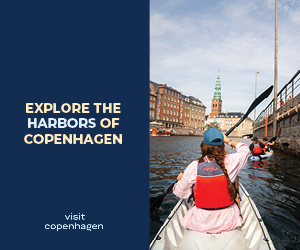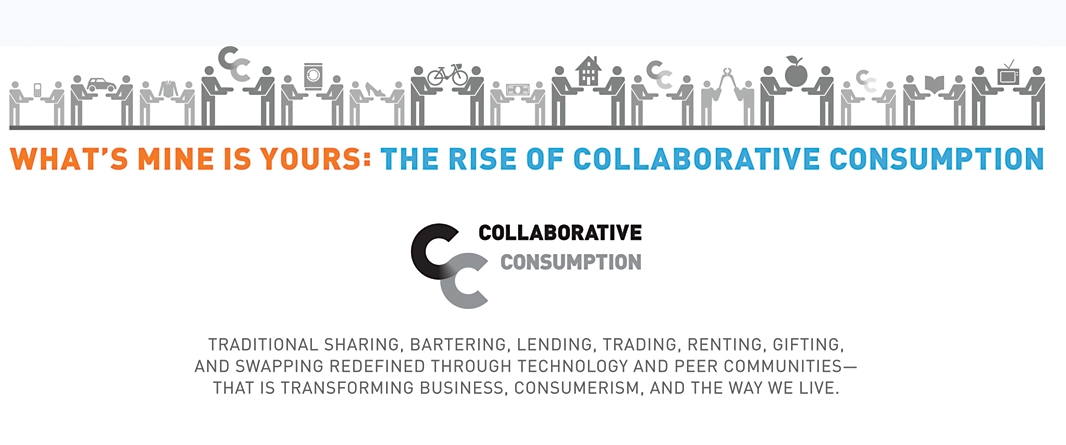Who would have predicted the world of science-fiction films would prove so prophetic? Our planet is being overrun by machines, and we need people like Arnold Schwarzenegger to save us
In the film The Matrix, robots, machines and other perennially nasty automatons have taken over – another normal day in Hollywood. However, it’s a pleasant surprise to find that the film’s creators have gone so far as to think about the energy crisis that is evidently an issue for such a power-hungry group of captors. In order to sustain themselves, the machines grow humans in cosy little pods and use the energy our bodies generate to power their world. Ingenious, really, aside from the fact that our bodies are way more efficient than any machine yet invented. The energy output from a human would hardly allow them to make a cup of tea, or warm oil, let alone enable them to achieve their presumably unconscious goal of world domination. Us mere mortals only need a meal or two a day to power something capable of building the pyramids, reconstituting itself or designing the combustion engine, and doing all this with a handy little bit of consciousness and, sometimes, ethics along the way.
Although the reality might not excite science-fiction aficionados as much as The Matrix was able to (after all, the film is aided by Hollywood necessities such as flip phones, leather trench coats and balletic gun battles), the energy fight between man and machine is perhaps as significant. Energy, and our ability to wield it, has arguably been the most important factor in our societal development. It could also lead to our demise. Without it, we would wave goodbye to the advances of the industrial and technological revolutions. With it, if we continue as we are, we might wave goodbye to Mother Nature as we know her. Man, in this case with the aid of machines, is at war with our planet.
Yet the truth needn’t be this inconvenient. There is more energy than we could ever need at our disposal. We can capture the sun’s rays, the power of our tides, convert the wind and play – perhaps the wrong choice of word – with nuclear fuels. Our problem is the cost that the energy takes to create – not just the economic cost of deriving energy from coal, or from solar or other forms of production, but the holistic cost to the economy and the planet.
The price of our power needs to represent the cost of creation – namely, we must include the environmental cost of production and the externalities it causes. In the case of a coal-fired power station, this would incorporate the environmental impact of extracting raw coal, its delivery and the cost of the carbon and pollution produced. Renewable energy sources should not be excluded from this examination – we must also lay the same ground rules and establish the environmental cost of a solar field, or a new dam. It is only when we can accurately measure the true holistic cost of the power we consume that we can start to determine its value. Once we understand the true value of consuming energy, we can judge what constitutes wise usage. If it suddenly costs $100 more to fly from New York to San Francisco because the true cost of producing energy at 37,000ft has a greater cost, it would better enable the consumer to make a decision about the value of their journey. If leaving a skyscraper’s lights on at night cost a company an additional $1m per year, we might find that we would see the stars more often. If the holistic cost can be measured, the argument that we mustn’t tax certain industries because of the immediate economic ramifications would no longer hold water. Airlines beware.
It might seem like a pipe dream to be able to measure the externalities accurately, but we’re not as far away as we might think. By putting a price on, and creating a market for, carbon, we’re taking a step in the right direction towards accurately reflecting the cost of our energy on a global scale. Given the potential ramifications of significant climate change, such as famine, drought, flood, sea-level rise, and so on, creating a global marketplace for carbon could prove to be a more important world event than the creation of the United Nations.
As we round the corner towards Copenhagen, it is up to us – citizens of the world – to encourage our leaders, somewhat like Keanu in The Matrix, to swallow the green pill (Matrix purists, please excuse my choice of colour) and shape up to the reality of what is actually happening, rather than what we’d like to believe. Only then will we have Hollywood-esque happy endings.
Tom Savage is the founder of Bright Green Talent, an ethical green recruitment business. He is also the author of a blog on simplicity. See brightgreentalent.com, simpletom.co.uk










